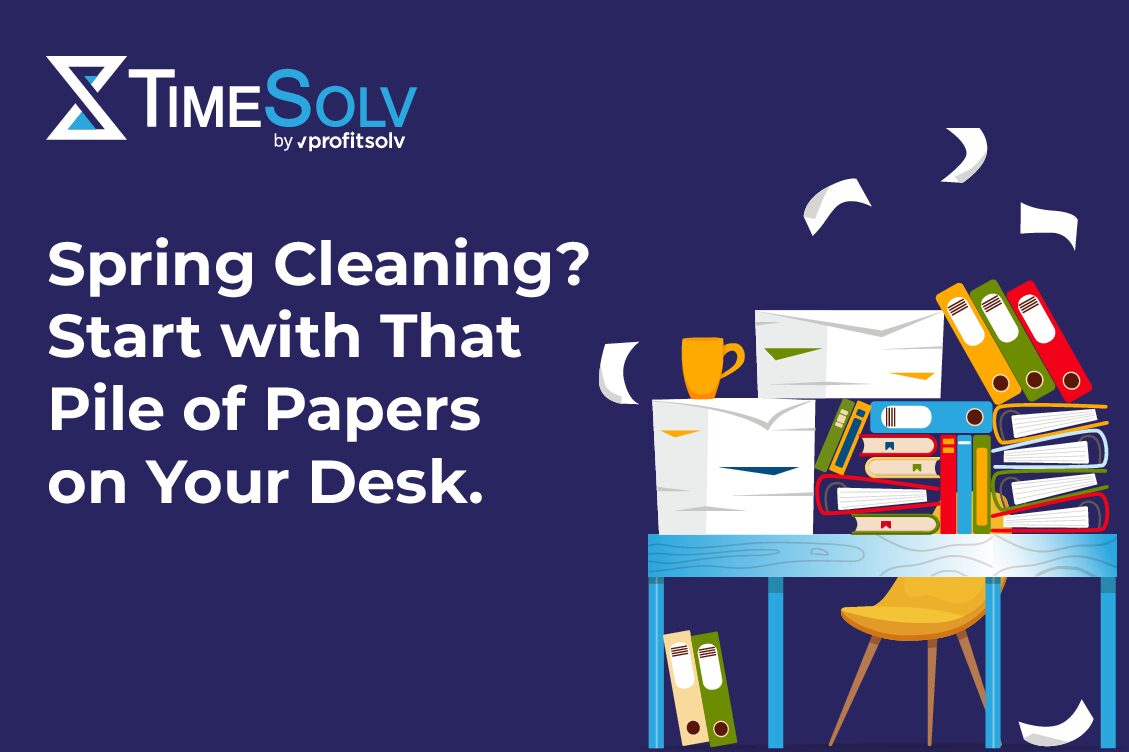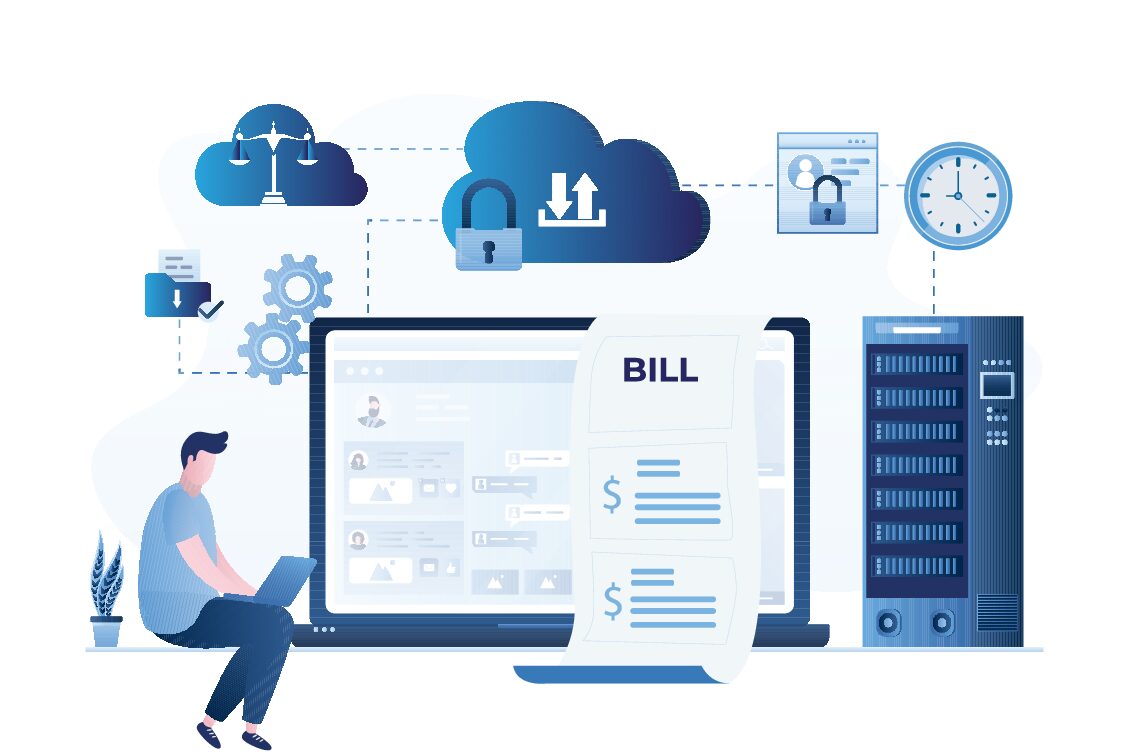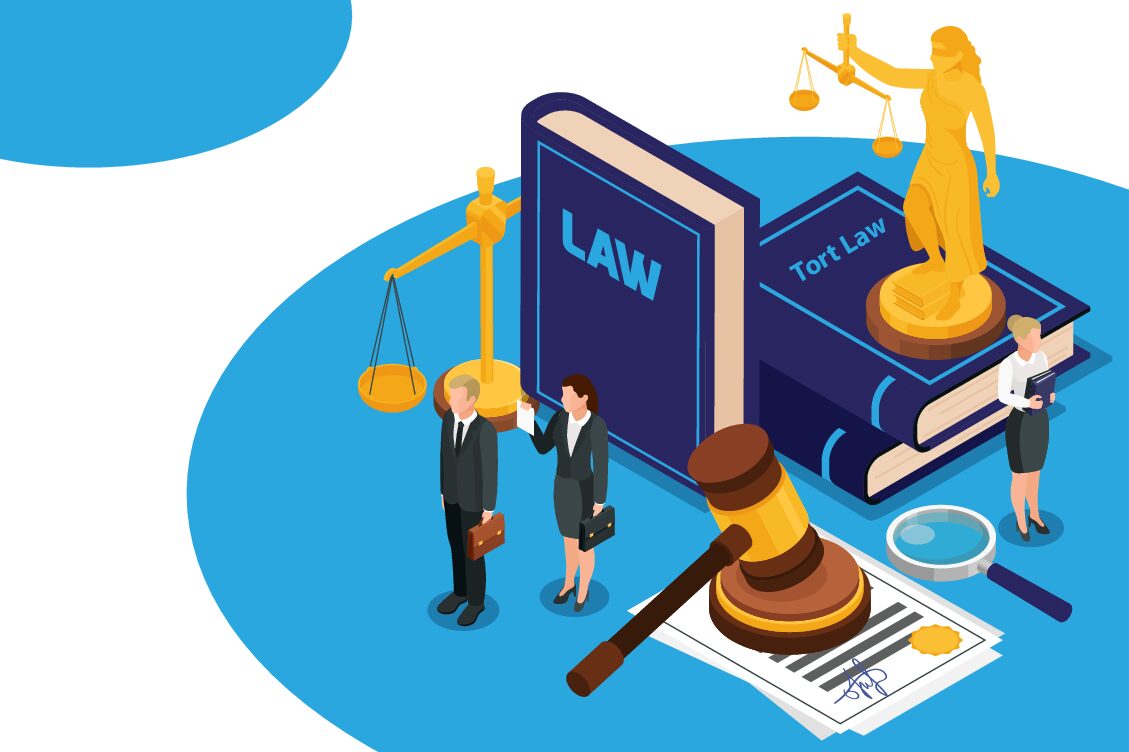Attorneys are always looking for ways to make the practice of law easier and more efficient. To that end, many have discovered a neat little weapon called Evernote. This note-taking application is an organizational tool that allows you to “download” all of those ideas, projects and plans running around inside of your head. You can then sort them into virtual notebooks for easy searchability and more productive file management. In case you are unfamiliar with this cloud-based tool, I decided to take a look at how some attorneys incorporate it into their practices.
Project collaboration
If your firm has taken the leap into law firm project management, Evernote is a useful tool for collaborations. Each member of a project can be provided access to a group “notebook”, for convenient sharing of notes, ideas and relevant research.
Updating contacts
How many business cards do you receive each year? Probably too many for your liking. With Evernote, you can scan all of those space wasting business cards and organize them into contacts. No more searching around for a colleague or client’s telephone number. It is all stored within your Evernote for easy access. The syncing feature also allows you to synchronize your Evernote contacts with your phone and/or email accounts.
Task reminders
Evernote Reminders help you stay on track with alerts sent to your email. You can use this feature as a backup method for important case tasks and filing deadlines. The program allows you to attach them to a specific “notebook”, so the alert comes with immediate access to the pertinent file.
Case storage
Evernote is capable of storing an entire case file, according to an article by Rocket Lawyer. Sent and received emails are easily sent to the application. Don’t worry about accessing attachments. Evernote allows you to view documents, jpegs, and PDFs. You can also add notes to your case file, including those handwritten sticky notes that clutter the insides of your physical case files. Once you input them into Evernote, they become searchable, organized files.
Are you conducting research for an upcoming motions hearing? With Evernote, you can “clip” online content to your case file, saving time and money on costly copies or handwritten notes. You can even create a virtual checklist to keep track of what tasks remain undone on the case. For attorneys seeking to go paperless or create a virtual office, Evernote is a useful tool. By logging in, you can access your files from any location or computer, whether you are at home on a Sunday afternoon or at the podium of a courtroom.
Evernote offers three basic membership plans, each with their own set of features. If you are struggling with practice organization, it may be worth your while to give the free version a try. You may find that is the right tool for your practice needs.
About Erika Winston:
Erika Winston is a Virginia based writer with a passion for all things legal. As a former domestic relations attorney, she understands the challenge of determining the best fee structure for your practice. Erika is a regular contributor to TimeSolv and a variety of other publications.


















